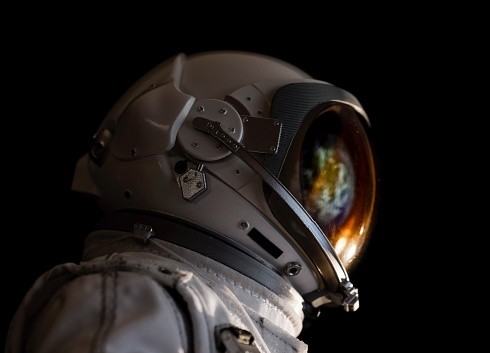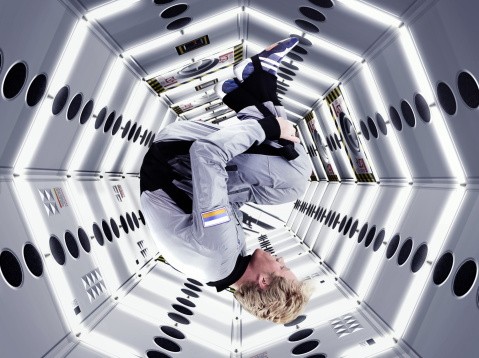Space exploration is bound to expand into the furthest reaches of the cosmos. As such, organizations like NASA and even private companies have been trying to see how long-term space missions affect the human body.

One of the most recent topics in contention is whether long-term exposure to the environment of space could lead to brain damage. As per a report by ABC News, various studies suggest that astronauts who spend more than several months in space exhibited notable changes in their brains.
As exhibited by several astronauts shortly after returning to Earth, these changes allegedly caused vision problems and even swollen optic nerves upon returning home.
Furthermore, another report by Space.com is saying that long-term space exploration missions are producing brain damage symptoms similar to having concussions.
So, what gives?
More Studies Need To Be Done
The study mentioned in the original ABC News report is just one of a few looking into this issue. As such, neuroradiologist Dr. Donna Roberts from the Medical University of South Carolina is saying that more studies need to be done to confirm the links between brain damage and long-term space missions.
Another study that looked at Russian cosmonauts might also offer some insight. The study was published in JAMA Neurology. While significant, debilitating brain damage isn't in the equation yet, there are observable effects.
Five Russian cosmonauts who were onboard the International Space Station for over five months were observed with so-called "biomarkers" in the forms of increased protein levels that indicate brain damage.
The markers are considered minuscule, but they're there.

Extensive Space Exploration Affects The Human Body Nonetheless
So, it still remains to be seen whether long-term exposure to space can cause debilitating brain damage. But this doesn't discount the fact that the Final Frontier poses many health risks for both current and would-be astronauts.
Former NASA astronaut Scott Kelly is a bit like the "poster boy" of long-term stays in space, as he spent a total of 520 days on the ISS. And when he came back down to Earth, his body was forever altered.
His first steps on the solid ground were far from triumphant, as his prolonged stay in a weightless environment has weakened his muscles and bones. He could barely walk and had to undergo extensive therapy to regain his strength.
You can clearly see it in this video:
This was due to the loss of bone and muscle density born out of staying in a weightless environment. Humans did evolve on a planet with a standard level of gravity over billions of years.
This is also why NASA ensures that the ISS has exercise facilities that could help keep astronauts stay in shape.
Aside from that, Kelly's DNA was also allegedly altered by his year-long stay in orbit. It was found that when he returned to Earth, his genes were no longer an exact match to his brother's. These changes, however, proved to be temporary.
Considering that NASA's future space exploration plans involve sending humans kayaking on the oceans of Saturn's moon Titan, for instance, our scientists are going to need a deeper understanding of the effects of space travel on human health.
Only then can humanity feasibly expand to the stars.

This article is owned by Tech Times
Written by RJ Pierce
ⓒ 2025 TECHTIMES.com All rights reserved. Do not reproduce without permission.




